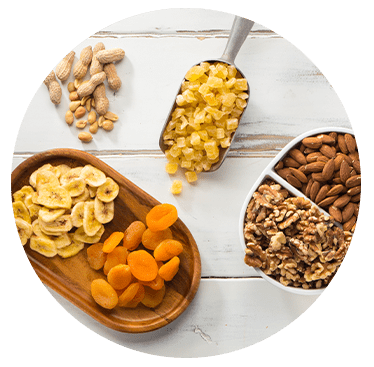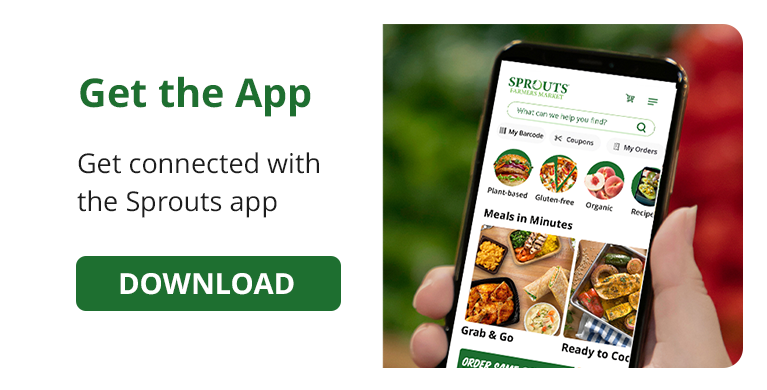The Why
Nourishing to your plants, the environment and even your own wellbeing, composting is a pretty easy and straightforward endeavor. The
EPA reports food and yard waste make up 20–30% of what we throw away. When those food and yard scraps make their way into the landfill, they break down anaerobically (without oxygen) and release methane. The less of this greenhouse gas we are able to produce, the better for the environment. Knowing you’re making a difference by utilizing those scraps to feed your plants and help the environment is good for you too!
Compost Video
Video Description: Creating & maintaining a compost pile is easy, here’s the 411 on how you can get started!
What If You Don’t Garden?
Even if you don’t garden in what you might think of as the traditional sense by growing your own fruits and vegetables, you might have a yard full of plants that could benefit from the extra nutrients in your DIY soil. Even without a yard, there are still plenty of things to do with your compost. If you have houseplants, they’ll benefit from the extra nutrients. Local schools may have garden programs and would welcome compost, likewise for community or urban gardens in your neighborhood. If you like the idea of composting but don’t have space to dedicate to it, look for a curbside composting service in your area. These kinds of services usually provide the bins and all the education you’ll need to get composting quickly!
How to Get Started Composting
You can learn how to start composting in our article
Composting: How-to Basics. You’ll find even more details and helpful tips in our article
Composting Cast of Characters.
Did you know?
Methane gas is 30 times more potent than CO2 (carbon dioxide), another greenhouse gas.





















 VIEW ALL
VIEW ALL



